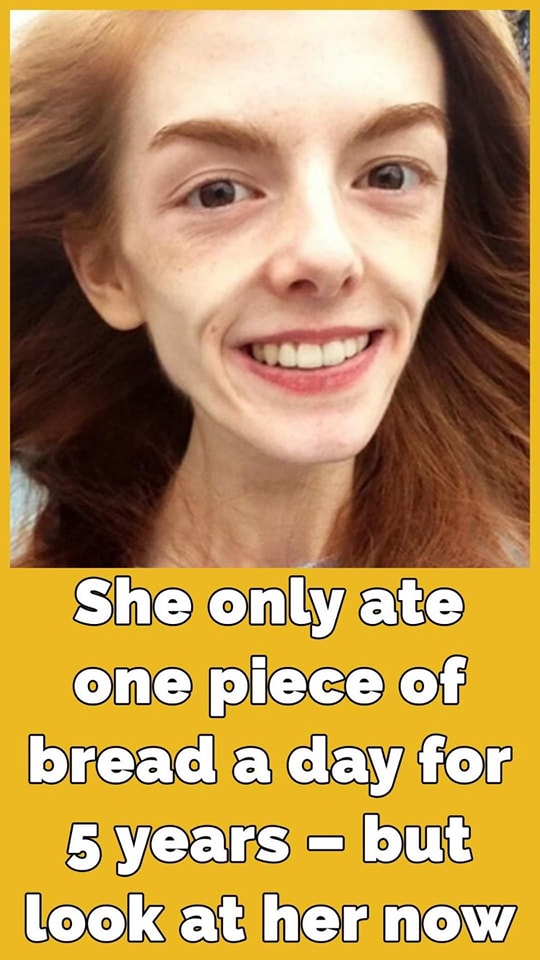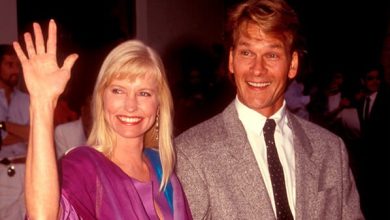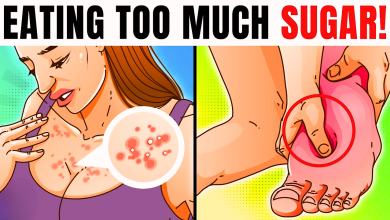Many people battle eating disorders every day all across the world, despite efforts to accept ourselves at any size and more realistic-looking models in commercials.
A woman from Derbyshire who overcome anorexia has shared her story in the hope that it would help other people who are going through the same thing.
The heaviest Annie Windley ever was only 29kg or a little over four and a half stone. Due to her low weight, she was at risk of having a heart attack.

The 21-year-old Woolley Moor resident has battled anorexia for over five years, enduring numerous hospitalisations, medical therapy, and intensive care. On the other hand, Annie has used her love of running to help her recover and is in excellent form. I completed the Chesterfield Half Marathon in October of last year.
” />
She stated, “I came to the delightful realization that rehabilitation is a breathtaking process that should be thrilling, unforgettable, and amazing.
I believe that my anorexia will always be a part of me, but I’ve learned to control it and stop thinking about food. “Changing for the better is never too late.”
In 2012, Annie received her initial eating disorder diagnosis. Two years later, her recovery got started, and she had to deal with a lot of difficulties like being sectioned and losing so much weight that she could not stand.
I started fighting harder than I’d ever battled before in October of 2017, and this time, she continued, “I can’t say exactly what occurred, but this time, it was just for myself.”

The battle was incredible, and each day was marked by excruciating feelings and extraordinary bravery. I’ve put on three stones in the last four months, and I’m now at my heaviest since 2014.”
According to Annie, she had the epiphany that one’s behavior, how they treat others, and level of kindness count more than a person’s weight. These are the things that make a difference in life, she said.
“These are the things that will make you happy and are things that are crucial to you.” Spend that time working on something that people actually care about rather than planning your day around food or stressing about how to restrict.

Be a good daughter, a good friend, and joke around and talk to them. Exercise is generally thought to improve a person’s mental health, and Annie is no exception. Her love of running helped her get better, kept her on track, and gave her goals to work for.
Her participation in Chesterfield’s annual half marathon helped with her recovery. She finished the arduous course after putting in a lot of effort and dedication by running the kilometers during her training.
Every morning when I wake up and go for a run, I use that time to remind myself how valuable and precious life is. Now that I’m healthy, I can live a more flexible, free existence.

I don’t waste time worrying about food or counting calories because I’m blessed to have strong legs and a thumping heart. Exercise shouldn’t be seen as a punishment for what you ate, but rather as a celebration of what your body is capable of.
“Pay attention to your enthusiasm and drive to succeed where you wish to go.” Since the voices in her head converted foods like pizza and chocolate to numbers and percentage signs, Annie stated that all she had ever done was avoid them.
Happily, she has changed her perspective and has advice for anyone who shares her perspective.

There are terrible days where you feel awful, “fat,” have no desire to eat, and believe that recovery isn’t for you. But it is precisely the reason we must go on.
“We must show our disorders that we are able to do so. We don’t want to spend our lives feeling unhappy and full of regret over the things we weren’t able to do due to anorexia.
Take a look at her full story in the video below:
Let us know what you think of her incredible journey in the comments!








